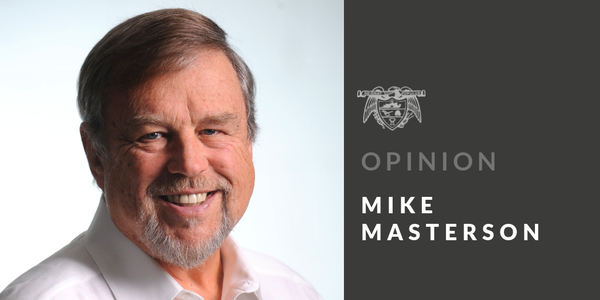Hard data shows how devastating coronavirus pandemic has been to our commonwealth and nation. In Pennsylvania more than 158,000 of our fellow citizens have been infected with COVID-19 and we have suffered 8,142 deaths. More than 10% of Pennsylvanians are unemployed.
Taken one at a time, each of these “numbers” is jarring. It can be overpowering to step back and realize that every death, hospitalization, and lost job or closed business or school ripples through families and communities across our entire state.
No area of daily living has escaped this pandemic. The list of stressors is long and formidable: grief, fear, prolonged social isolation, especially for children and older adults, the burdens of providing childcare while working, increased alcohol and other substance use, and the loss of jobs and businesses, to name a few.
It is difficult to quantify the deep impact that the pandemic has had on the mental health of Pennsylvanians in these trying and, for many people, traumatizing times. Members of the Pennsylvania Psychiatric Leadership Council (PPLC) have been meeting weekly (virtually, of course) to consider the mental health impact of the pandemic and what we can do to help ourselves and the people we serve.
The PPLC includes psychiatrists and other physicians, psychologists, social workers, family members, advocates and, critically, consumers of these services. We come at this challenge from our own personal and professional experiences and perspectives but with a common goal: to help drive the effort to make sure that all Pennsylvanians can, collectively cope, recover, and then thrive in the face of this challenge to our society.
The evidence we have so far shows that Pennsylvanians’ mental health is suffering. We are seeing a steep rise in the need for treatment for mental illness and substance use due to the combined health, economic, and social impacts of COVID. Teachers and families grapple with the realities of returning to school and work while the pandemic shows no signs of waning. With colder weather approaching there are concerns about a “second wave” of both COVID and mental health disorders. The continued imperative for physical distancing to curtail the spread of COVID has ongoing ramifications for the economy and all aspects of life: education, commerce, recreation, family life, and intimacy. All these factors could create unprecedented levels of poor mental health across the state this winter.
We have accepted the fact that our current circumstances will likely go on for the foreseeable future-there is no evidence the virus is going away. It is critically important that all Pennsylvanians accept this reality as well. We all must be prepared to address the mental health challenges that arise, and we all need to be there for our families, friends, neighbors, and colleagues.
- We know from our work that self-care and mutual aid are necessary. We also know that the challenges some are facing may be far greater than others, and this requires that we cultivate a sense of solidarity across the state (no matter which teams we root for, we are all one team now). Our membership recommends the use of the following wellness tools:
- Seeking out and maintaining meaningful social connections, including “virtual” ones.
- Providing one another with mutual encouragement.
- Recognizing and appreciating small accomplishments – by oneself, one’s family, one’s friends.
- Recognizing that the stress is real – you are doing the best that you can.
- Being kind and avoiding anger and blaming others. We encourage our fellow Pennsylvanians to understand that each of us will have a different way of responding to uncertainty and anxiety.
- Being creative, whenever the opportunity arises
- Focusing on being well. Maintaining healthy habits, such as with exercise, sleep, and meals and avoiding the abuse of alcohol and other substances.
- Asking for help from family, friends, and professionals when needed. Every county in Pennsylvania has a mental health program – information can be found online, or by calling PA 2-1-1.
- Wearing masks, washing hands, maintaining the prescribed 6 feet of physical distance, and avoiding high-risk settings and situations.
- Perhaps most of all, we must refuse to abandon hope. Things will get better. Studies show that a hopeful outlook can help preserve wellness and save lives.
We know that Keystone State residents are truly strong and resilient and are willing to help each other. That is what a keystone does-they hold others up.
Dr. Kenneth S. Thompson is Medical Director of the Pennsylvania Psychiatric Leadership Council.

